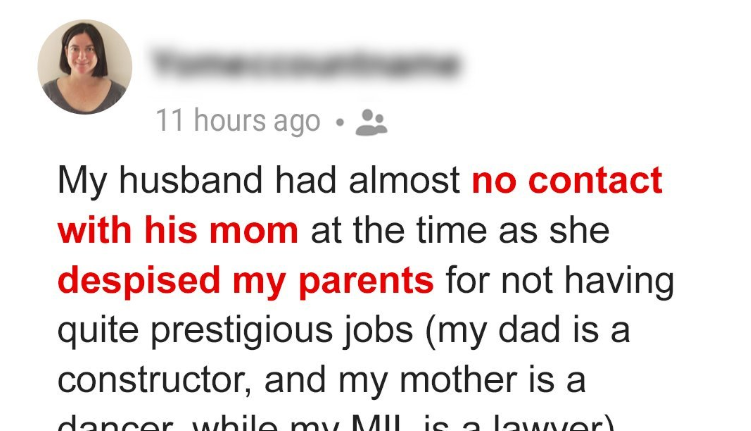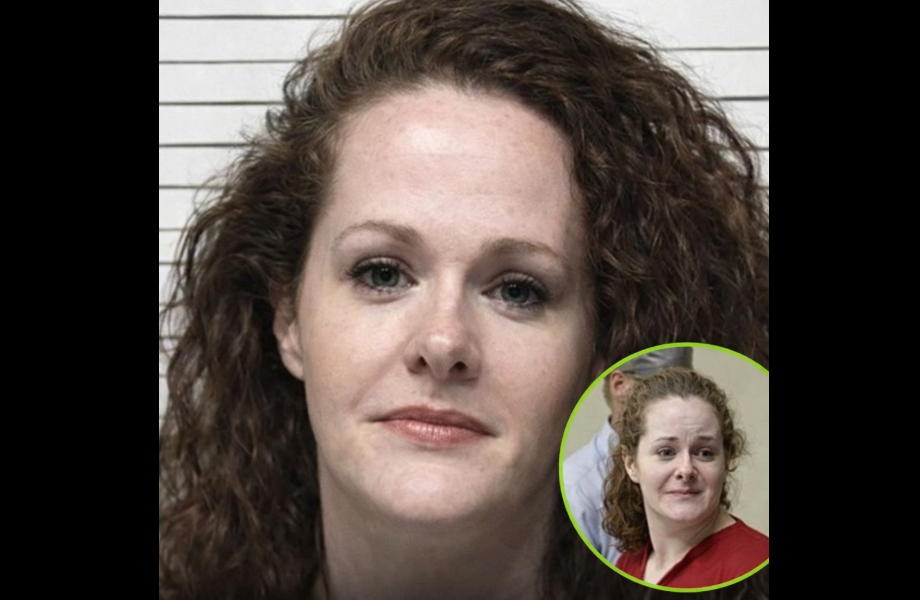My husband maintained minimal contact with his mother during that period, as she held disdain for my parents due to their lack of what she deemed “prestigious” careers. My father earns his living as a contractor, and my mother thrives as a dancer, while my mother-in-law practices as a lawyer. Despite their differing paths, my parents have always embodied kindness and diligence, raising me with warmth and grounded values.
When I learned I was expecting, my emotions swirled. I understood the complexity of my husband’s distant relationship with his mother, yet I held firm that every grandparent should have the chance to hear about their first grandchild. Moved by empathy, I encouraged my husband to share the news with her. That decision, however, proved to be a grave misstep.
Initially, her enthusiasm appeared heartfelt. She came by frequently, bearing gifts and speaking endlessly about the baby. I welcomed it, believing it reflected the delight of impending grandmotherhood. Over time, though, her visits took on a commanding tone. She started critiquing my nursery preparations, my diet, and even the way I spoke of my own parents. Her remarks grew increasingly cutting, revealing that her long-held biases hadn’t vanished—they’d merely been masked by her excitement.
One afternoon, following an especially strained visit, my husband took a stand. He calmly explained that while we valued her affection for our child, our home needed to remain a sanctuary, free from criticism and tension. It wasn’t a simple conversation, but establishing those boundaries transformed our dynamic. Her visits became less frequent, yet when she did come, she arrived with greater respect and openness. Through this experience, I came to understand that safeguarding your family sometimes requires holding firm, even when it’s challenging. Love isn’t only about welcoming others in—it’s also about recognizing when to set limits to ensure your home remains a place of safety and joy.






